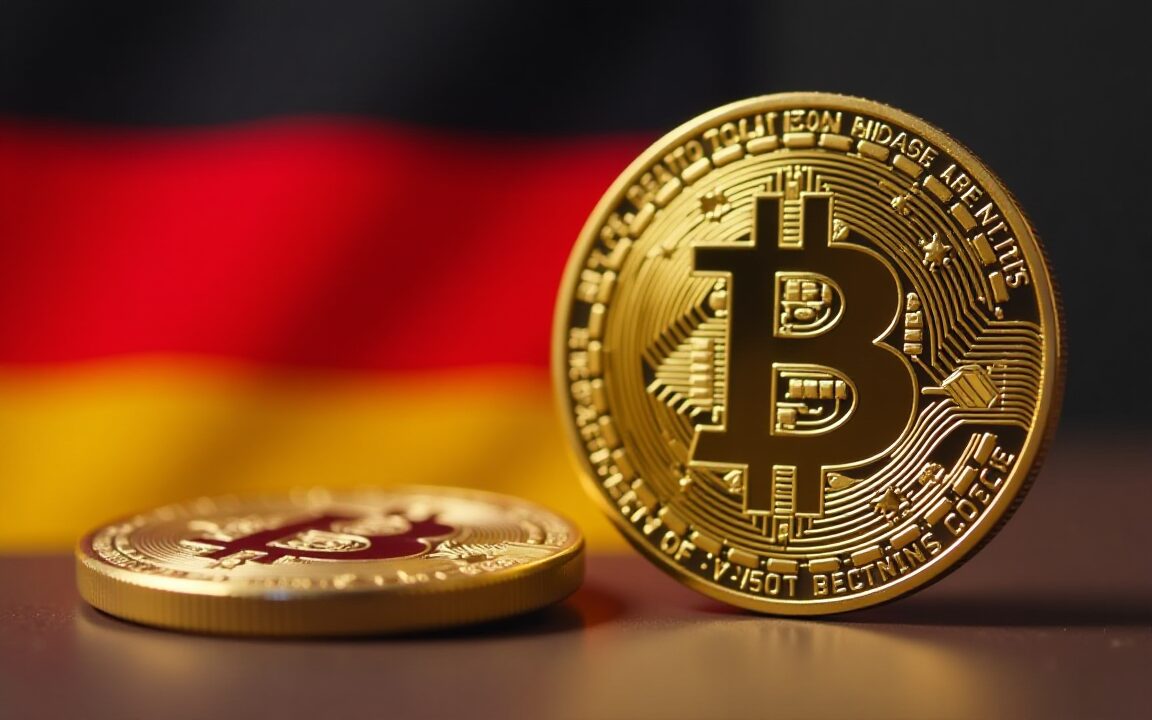Bitcoin (BTC) has rocketed to a new all-time high above $118,660, leaving the German government with egg on its face for selling 49,858 of confiscated bitcoins when the cryptocurrency was around $57,000 in 2024.
Now, with Bitcoin trading nearly double that price, that decision to liquidate early has drawn sharp criticism as blockchain data shows the missed opportunity could have earned Europe’s largest economy over $3 billion more than it did.
A costly decision at the wrong time
In the summer of 2024, the German government quietly offloaded nearly 50,000 BTC through a series of transactions across multiple exchanges.
According to blockchain intelligence firm Arkham, the Bitcoin was sold at an average price of $57,900, netting the state around $2.89 billion.
That might have seemed like a solid move at the time, but with Bitcoin now sitting above $118,660, the same holdings would be worth over $5.916 billion.
This means Germany missed out on at least $3.026 billion in potential profit, an oversight that is now drawing widespread criticism.
The Bitcoin (BTC) had been seized from Movie2k
Interestingly, the digital assets weren’t state-owned initially; they were confiscated from the operators of Movie2k, a now-defunct illegal streaming platform.
Notably, the stash had sat dormant for years before the German authorities labeled the wallet “German Government (BKA)” and began transferring the funds out.
On June 19, 2024, the first major transaction was spotted — 6,500 BTC worth over $425 million moved to exchanges, sparking immediate sell-off speculation in the crypto community.
The remaining coins were sold in waves, with analysts noting that the transactions seemed hurried and poorly optimized.
Even at the time, the rushed sale raised eyebrows with experts saying the government’s strategy lacked finesse and may have caused more harm than necessary to the market.
Miguel Morel, founder of Arkham Intelligence, suggested that the government appeared to “just go to five different exchanges and start market selling.”
That pattern, according to Morel, signaled a rush to extract liquidity without much concern for market depth or price impact.
And true to Morel’s concerns, the BTC sales triggered a short-term downturn in Bitcoin prices, pushing prices to around $50,000.
However, after the German government’s wallet was emptied, Bitcoin (BTC) began to recover.
On July 14, 2024, just a day after the final BTC was moved, Bitcoin bounced back above the key $60,000 mark, suggesting the end of the government’s selling pressure brought some relief to the market.
Since then, Bitcoin’s rally has gained steam, climbing to unprecedented levels and further amplifying criticism of the German decision.
At the time of writing, Bitcoin had hit an all-time high of $118,856 according to CoinMarketCap data, deepening the missed opportunity and adding salt to an already costly wound for the federal treasury.

